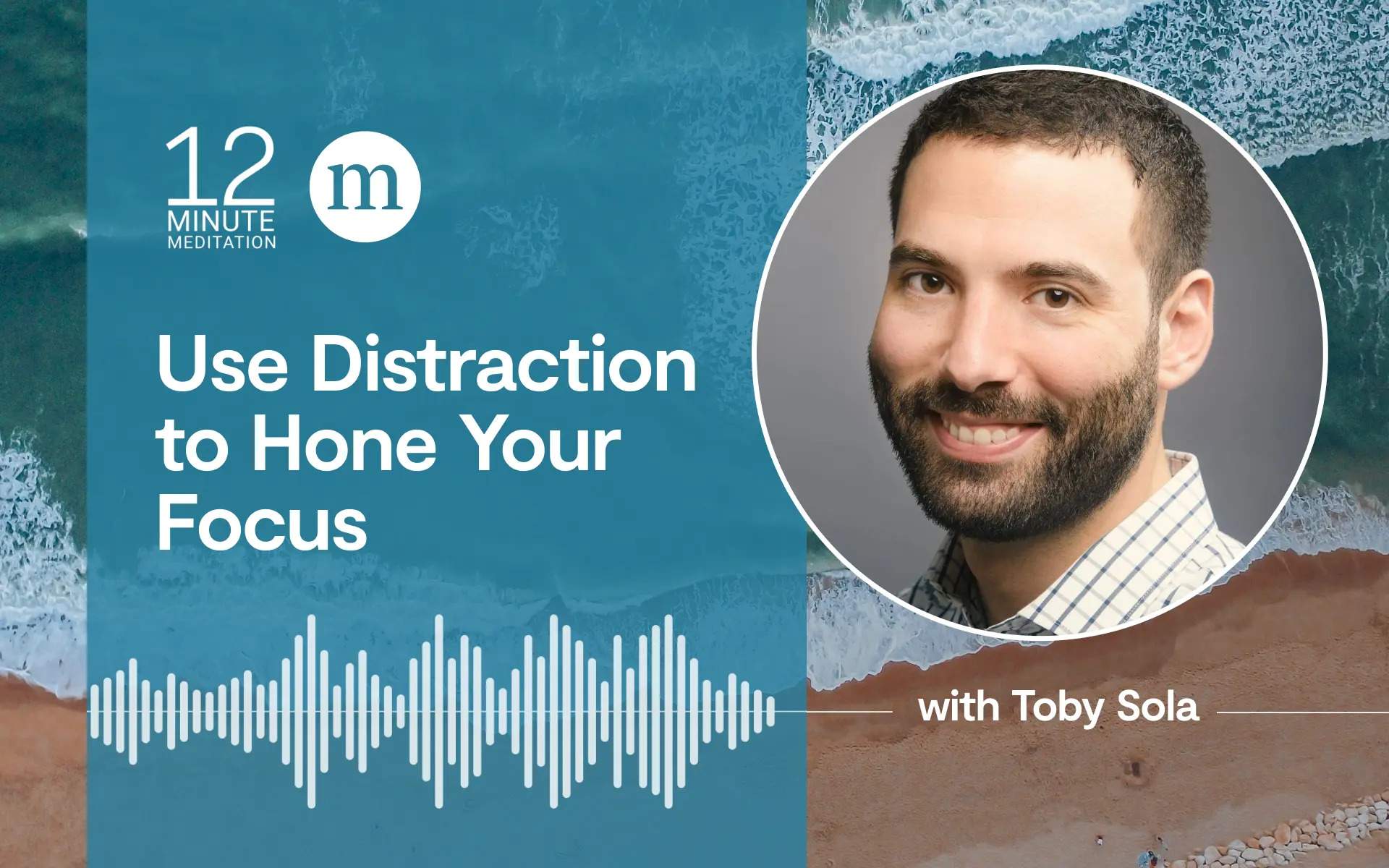When the respected physiologist Charles-Édouard Brown-Séquard extolled the rejuvenating properties of mashed-up puppy and guinea pig testicles before Paris’s Société de Biologie in 1889—describing how injections of the liquefied gonads allowed him to perform experiments for hours on end while standing, lift 100 pounds with ease, and expel a jet of urine 25% farther than he could before—he was not the first scientist who claimed to have discovered a way to turn back the biological calendar. The Epic of Gilgamesh (c. 2100 BC), for instance, recounted the king’s search for eternal life (it turns out to be a thorny marine plant, but he doesn’t manage to hang on to it). And the “recipe for transforming an old man into a youth” can be found in an Egyptian medical text from 2500 BC. I’ll save you the trouble: It’s a fruit-infused mudpack for the face.
Nor, of course, was Brown-Séquard’s the last such discovery. A few decades after his death at age 76 (oh, well) in 1894, other fountain-of- youth fads swept Europe and America. Implants of goat testicles into men’s scrota became all the rage in the 1920s, and the “Steinach operation,” basically a one-side vasectomy, promised to increase vigor, reduce fatigue, and slow aging. Among the recipients was poet William Butler Yeats. I leave to your imagination why these early efforts focused on men and their reproductive organs and ask a different question: Why are some people obsessed with extending life span?
For obsessed is what many are. In the last few years anti-aging research has been attracting buckets of public and private funding, the United Kingdom’s Nuffield Council on Bioethics pointed out in a report released in January 2018. Tech billionaires have been sinking money into what is variously called life extension, the end of aging, a search for immortality, or, as longtime biology-of-aging scientist Cynthia Kenyon put it more modestly to The Guardian, a way to “have a healthy life and then turn out the lights.”
That describes the goal of some in the anti-aging world. Health spanners want to discover genetic tweaks, medications, and other interventions that will give people a healthier life and, in particular, a healthier late-in-life life—by postponing or eliminating disease, decrepitude, and dementia—followed by a quick and painless death. In 2016 the US National Academy of Medicine launched a “Grand Challenge for Healthy Longevity,” which will award at least $25 million for breakthroughs in increasing health span. That, however, wouldn’t necessarily extend life span, or not more by than a few years.
Even if we conquered all disease, cellular aging baked into our DNA and made inevitable by the laws of thermodynamics would eventually “turn out the lights.” That’s where other anti-aging warriors come in. Immortalists like PayPal cofounder Peter Thiel talk about living forever. The credo of most immortalists, though, is better summed up by British researcher Aubrey de Grey, whose TED talk on conquering biological aging has been viewed some 3.5 million times: The first humans who will live to 1,000, he argues, are alive right now. Dr. Joon Yun, who runs the Palo Alto Investors healthcare hedge fund, has said, “Thermodynamically, there should be no reason we can’t defer entropy indefinitely. We can end aging forever.” He didn’t say “end death,” but eliminating aging and overturning entropy would probably get us at least to de Grey’s 1,000-year-olds.
Dr. Joon Yun, who runs the Palo Alto Investors healthcare hedge fund, has said, “Thermodynamically, there should be no reason we can’t defer entropy indefinitely. We can end aging forever.”
Thanks to both health spanners and immortalists, “We are seeing huge market demand for aging research,” funded primarily by private investors, according to neuroscientist Terrie Moffitt of Duke University, who contributed to the Nuffield Council’s report.
The investment is driven, in part, by legitimate advances in understanding the biology of aging. Although there is no consensus about its precise cellular or genetic causes, scientists have made significant strides in identifying key components of aging, such as the shortening of telomeres (stretches of DNA at the ends of chromosomes) and the activation or suppression of different genes.
They are also identifying ways to target the drivers of aging. A clinical trial of metformin, a diabetes drug, is expected to start this year: The drug boosts the activity of an enzyme called AMPK, which not only lowers blood sugar (hence diabetes) but seems to also prevent diseases of aging. Other studies are examining the super-low calorie regimen called dietary restriction, which can extend healthy life span in a range of animals and slow biological aging in people. Here, the focus is on finding molecules that mimic the molecular effects of an 800-calorie-a-day regimen (which few of us can manage, even if eternal life beckoned). In a similar vein, the craze for resveratrol, a compound in red wine, peaked a decade ago once studies began showing that people who took resveratrol pills didn’t live longer or healthier. Nevertheless, research continues, buoyed by the fact that the compound affects the activity of aging-related enzymes called sirtuins.
Google founders Sergey Brin and Larry Page spent a reported $1 billion to launch the bio-technology company Calico, whose mission is to slow or stop cellular aging and thus “enable people to lead longer and healthier lives.” Unity Biotechnology, which also seeks to thwart aging, has drawn investments of at least $116 million from Thiel and Amazon founder Jeff Bezos. Some people are so optimistic that scientists will eventually vanquish aging and possibly death—although perhaps not soon enough for them personally— that 150 people have paid to preserve either their heads ($80,000) or their entire bodies ($200,000) in liquid nitrogen at the Scottsdale, Arizona, facility of the Alcor Life Extension Foundation, including de Grey and the futurist Ray Kurzweil. The obsession of tech billionaires with defeating aging even became a plot point in the HBO series Silicon Valley, with one particularly odious executive hiring a strapping youth to give him regular infusions of young blood.
Elysium Health, cofounded in 2014 by MIT biologist Leonard Guarente to extend health span and slow biological aging, raised $20 million in 2016 alone, valuing the private company at just north of $150 million. Although Guarente, who discovered how sirtuins affect aging, is sometimes portrayed as an immortalist, he views his anti-aging research “as a branch of medicine,” he said. “I hope that what comes out of it is a way to improve our health… To think that we can program immortality is ludicrous.”
Why do tech billionaires believe otherwise? “There is a kind of hubris there, the hubris of powerful men,” said Julian Hughes, professor of Old Age Psychiatry at England’s University of Bristol and a coauthor of the Nuffield Council report. That hubris nurtures a belief that they are too powerful and too important to die. Philosopher David Archard of Queen’s University Belfast, chair of the Nuffield Council, said he wouldn’t be surprised if “the denizens of Silicon Valley take themselves seriously enough to believe their immortality or delayed death is in humanity’s best interests.”
Yet many people face the prospect of their demise with equanimity. “A lot of people think death will be a release and even welcome it,” said Hughes. “Their spouse has died, their friends have died; they’ve had enough, really.”
The realization that drives those who accept the inevitability of death can also kick in well before one has “had enough.” Most people agree that death as such “is bad because it deprives us, finally and irrevocably, of what gives value to life,” including pleasure, happiness, friendship, knowledge, and love, Archard said. “On that view, the longer you live—with infinite extension of life as best of all—the more of these goods or constituent pleasures you can enjoy. If one more day of life is preferable, then surely an infinite number of further days is optimal?”
But an enduring strand in philosophy answers, surely not. What gives our activities, work, and relationships meaning and purpose and value “is that they are pursued with a finite life,” Archard said. “An immortal existence would run out of purpose.”
Craze or crazy?: Young blood
One of the anti-aging schemes sprouting up in Silicon Valley harvests the blood of teenagers, extracts the plasma, and injects it into older clients.
The Monterey, California, start-up Ambrosia charges $8,000 for plasma transfusions, 1.5 liters at a time, over the course of two days. Founder Jesse Karmazin, MD, is conducting trials on his patients and claims to have demonstrated improved sleep and reductions in proteins associated with cancer and Alzheimer’s disease—although mainstream scientists have criticized the trials for lacking a control group and drawing its cohort only from those who can afford the steep fee.
This article appeared in the June 2018 issue of Mindful magazine.







